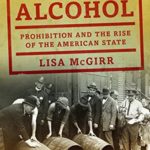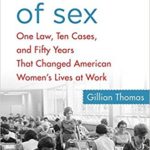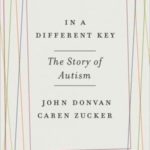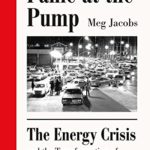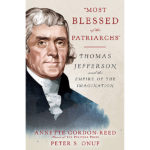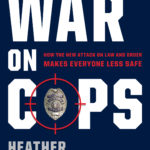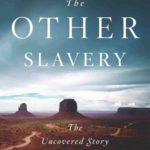
Hidden Servitude
By the mid-19th century, most Americans on the East Cost had forgotten their ancestors’ participation in enslaving Natives and were surprised to find it still in operation in the West. Andrés Reséndez powerfully argues what the field has been slowly coming to realize over the past decade: Native American slavery in the Americas was more central, pervasive, and numerically significant than we have previously realized.

